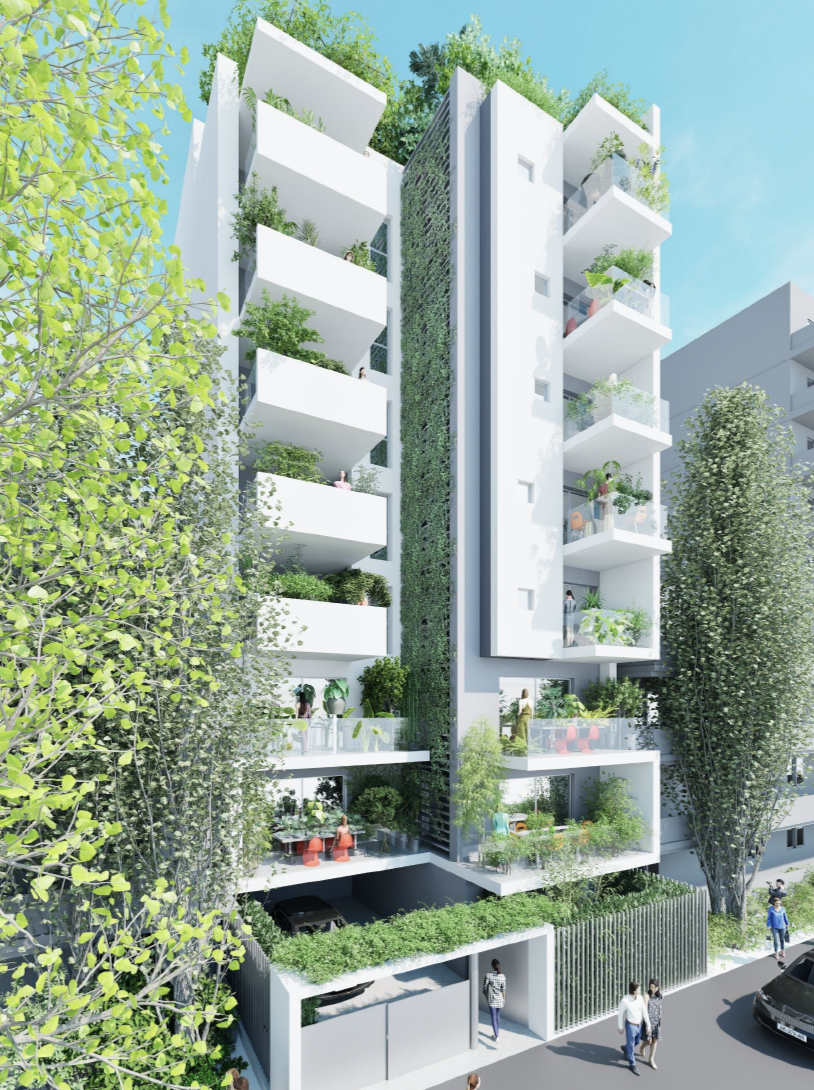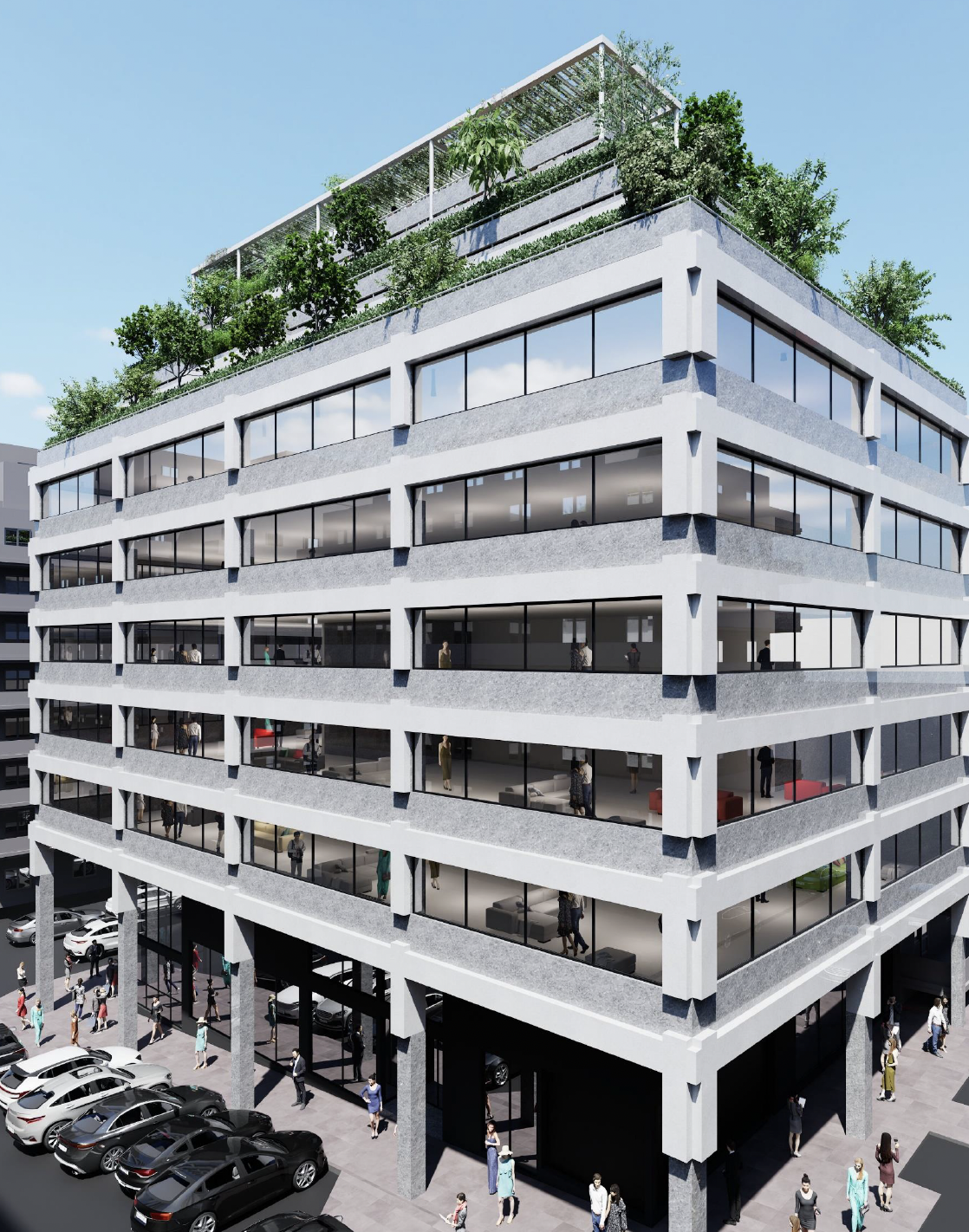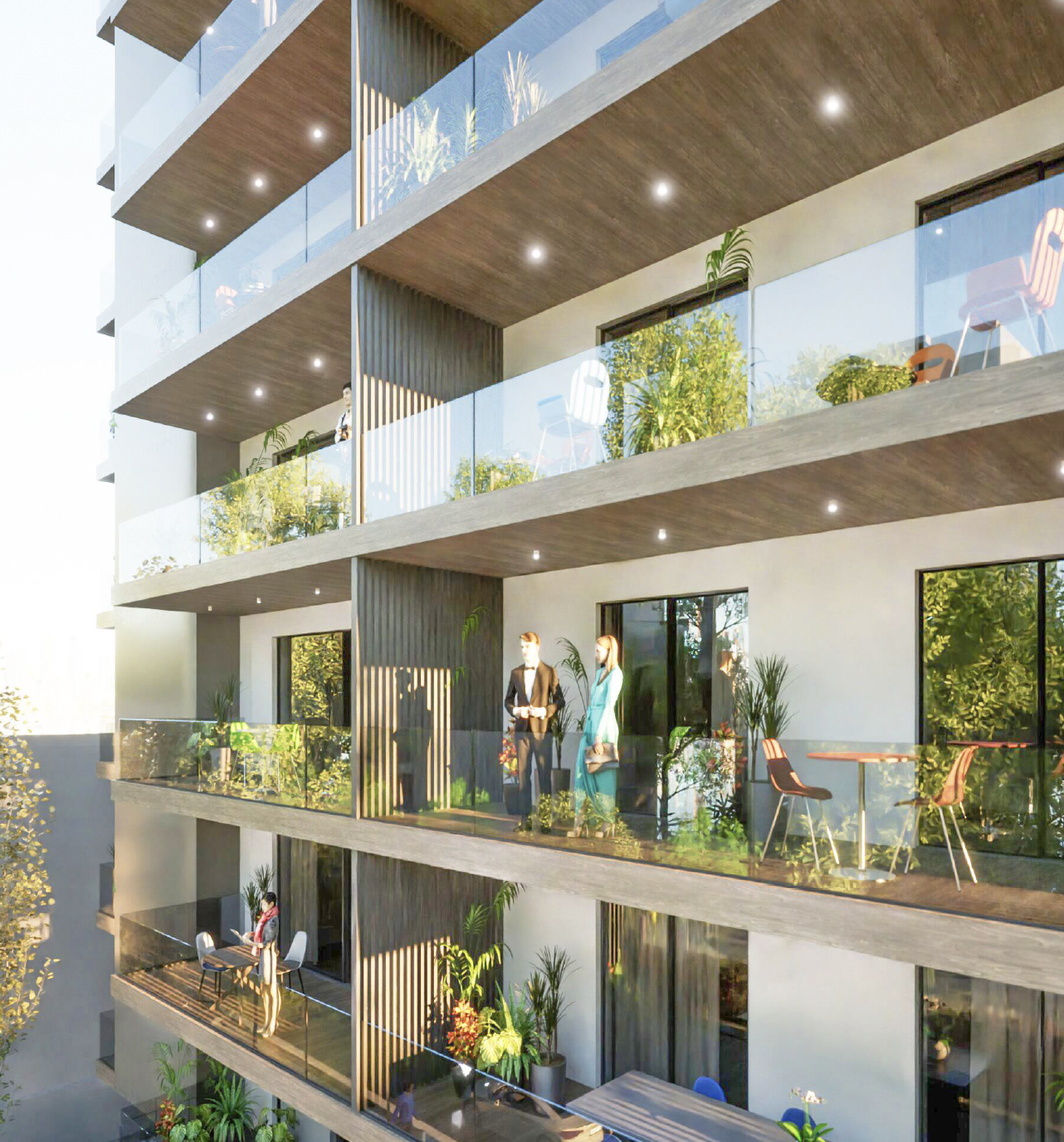If you’ve ever dreamt of relocating to Spain, the Golden Visa program could make that dream a reality. This unique opportunity allows foreigners to obtain a residence permit in Spain by making a significant investment in the country. Before embarking on this exciting journey, there are several key factors to consider. In this blog post, we will explore understanding the Golden Visa program, choosing the right location in Spain, learning the Spanish language and culture, building a local social network, and navigating the legal and bureaucratic processes. Let’s dive in and explore the path to your new life in Spain!
Understanding the Golden Visa program
The Golden Visa program is a popular immigration investment program that offers individuals and their families the opportunity to obtain residency or citizenship in a foreign country by making certain investments. This program has gained significant attention in recent years as more and more individuals seek to explore opportunities beyond their home countries.
One of the key benefits of the Golden Visa program is the potential for individuals to gain access to new markets and opportunities. By obtaining residency or citizenship in a foreign country, individuals can benefit from favorable business environments, favorable tax regimes, and a wealth of investment options. This can open up new avenues for growth and diversification, allowing individuals to expand their business or investment portfolios beyond their home countries.
Another important aspect of the Golden Visa program is the ability to provide a secure and stable future for individuals and their families. By obtaining residency or citizenship in a foreign country, individuals can gain access to high-quality education, healthcare, and social welfare systems, ensuring a high standard of living and peace of mind for the future.
- Access to new markets and investment opportunities
- Favorable business environments and tax regimes
- Business expansion and diversification
- Secure and stable future for individuals and families
- High-quality education, healthcare, and social welfare systems
| Advantages | Disadvantages |
|---|---|
| Access to new markets and investment opportunities | Requires a significant investment |
| Favorable business environments and tax regimes | Complex application process |
| Business expansion and diversification | Possible language and cultural barriers |
| Secure and stable future for individuals and families | May require ongoing financial commitments |
| High-quality education, healthcare, and social welfare systems | Potential impact on personal and professional networks |
Overall, understanding the Golden Visa program is essential for individuals who are considering exploring opportunities in a foreign country. By carefully weighing the advantages and disadvantages, individuals can make informed decisions and take the necessary steps to pursue their goals. Whether it is for personal, business, or investment purposes, the Golden Visa program offers a pathway to new horizons and a brighter future.
Choosing the right location in Spain
The decision to move to Spain can be an exciting and life-changing one. With its beautiful landscapes, rich culture, and favorable weather, it is no wonder that Spain has become a popular destination for expats. However, choosing the right location in Spain is crucial to ensure a seamless transition and a fulfilling experience. In this blog post, we will discuss some factors to consider when deciding on the perfect place to call home in Spain.
1. Climate: Spain is known for its diverse climate, ranging from the Mediterranean climate in the coastal regions to the more continental climate in the central parts of the country. Before choosing a location, consider the type of weather you prefer. If you enjoy warmer temperatures and abundant sunshine, the southern regions like Andalusia or the Canary Islands might be ideal for you. On the other hand, if you prefer a more moderate climate with distinct seasons, the northern regions like Galicia or Asturias could be a better fit.
2. Lifestyle: Each region in Spain has its own unique lifestyle and cultural traditions. Consider what type of lifestyle you are seeking. Are you drawn to the vibrant nightlife and cosmopolitan atmosphere of cities like Barcelona or Madrid? Or do you prefer the laid-back lifestyle of smaller towns and villages? Additionally, think about the recreational activities and amenities that are important to you. If you enjoy outdoor activities and water sports, coastal regions or areas near national parks might be a good choice.
3. Cost of Living: The cost of living can vary significantly across different regions in Spain. Larger cities and popular tourist destinations tend to have a higher cost of living, while smaller towns or rural areas can offer a more affordable lifestyle. Take into account factors such as housing prices, healthcare costs, and everyday expenses when assessing your budget. It is also worth considering the availability of job opportunities and the local economy in your chosen location.
4. Proximity to Amenities: Another important factor to consider is the proximity to essential amenities such as supermarkets, healthcare facilities, and transportation hubs. Depending on your needs and preferences, you may want to choose a location that is within easy reach of these amenities. Consider the availability and quality of schools if you have children or plan to start a family. Additionally, think about the accessibility of airports or train stations if you anticipate frequent travel back to your home country or other destinations.
| Location | Climate | Lifestyle | Cost of Living | Proximity to Amenities |
|---|---|---|---|---|
| Barcelona | Mediterranean | Cosmopolitan | High | Excellent |
| Valencia | Mediterranean | Lively, beach life | Moderate | Good |
| Seville | Mediterranean | Traditional, vibrant | Moderate | Good |
| Malaga | Mediterranean | Relaxed, coastal | Low | Good |
| Granada | Mediterranean | Historical, bohemian | Low | Good |
As shown in the table above, different locations in Spain offer varying climates, lifestyles, costs of living, and proximity to amenities. It is essential to research and visit potential areas to get a firsthand experience and determine which suits your preferences and requirements.
In conclusion, choosing the right location in Spain is a crucial step in your relocation journey. Consider factors such as climate, lifestyle, cost of living, and proximity to amenities when making your decision. Remember, there is no one-size-fits-all answer, as everyone’s preferences and needs differ. Take the time to explore different regions and find the place that feels like home.
Learning the Spanish language and culture
Learning the Spanish Language and Culture
When it comes to immersing yourself in a new country, there’s no better way to truly experience its essence than by learning the local language and culture. In the case of Spain, this means diving into the vibrant world of Spanish language and culture. Whether you’re planning a short-term visit or a long-term stay, taking the time to understand and appreciate the nuances of the Spanish language and culture can greatly enhance your experience and open up doors to meaningful connections.
Firstly, let’s talk about the Spanish language. As one of the most widely spoken languages in the world, learning Spanish not only allows you to communicate with the locals but also gives you access to a rich literary tradition and a diverse range of Spanish-speaking countries. From mastering the basics such as greetings and phrases to delving into complex grammar and vocabulary, there are various resources available to help you on your language learning journey.
Additionally, understanding the Spanish culture can greatly enrich your overall experience. Spain is known for its vibrant festivals, delicious cuisine, and warm hospitality. From the bull-running tradition of Pamplona to the flamenco dance performances in Seville, there’s no shortage of cultural events to immerse yourself in. By actively seeking out these cultural experiences, you’ll not only broaden your horizons but also gain a deeper appreciation for the local customs and traditions.
In order to make the most of your language and cultural immersion, it’s helpful to build a local social network. This can involve joining language exchange groups, attending cultural events, or even enrolling in language classes. By interacting with native Spanish speakers and fellow language learners, you’ll have the opportunity to practice your language skills in a supportive environment and gain insights into the local culture from those who know it best.
Furthermore, when navigating legal and bureaucratic processes in Spain, having a basic understanding of the language and cultural norms can be invaluable. From applying for residency to signing rental agreements, being able to communicate effectively and navigate the system will save you time and potential frustration. By investing time and effort in learning Spanish and familiarizing yourself with the culture, you’ll be better equipped to handle these practical aspects of living in Spain.
Overall, learning the Spanish language and culture is more than just a practical necessity; it’s an enriching and rewarding experience. Whether you plan on staying in Spain for a short time or for the long haul, immersing yourself in the local language and culture will open up a world of opportunities and deepen your connection to this vibrant country.
Building a local social network
In today’s fast-paced world, building a strong social network is crucial for personal and professional growth. Whether you are a newcomer or a long-term resident in a foreign country, establishing connections within the local community can greatly enhance your overall experience. This is especially true for those who have recently relocated to Spain. In this blog post, we will discuss the importance of building a local social network and provide some valuable tips on how to accomplish this in your new Spanish home.
First and foremost, it is important to understand why building a local social network is beneficial. Having a solid support system of friends, acquaintances, and colleagues can provide you with a sense of belonging and familiarity in an unfamiliar environment. Furthermore, these connections can open doors to new opportunities, whether it be finding a job, participating in local events, or simply enjoying the company of like-minded individuals. By actively building your social network, you can tap into a wealth of knowledge, experiences, and resources that will enrich your life in Spain.
Now that we have established the importance of building a local social network, let’s explore some effective strategies to make this happen. Firstly, getting involved in local clubs, organizations, or community groups is a great way to meet new people who share similar interests. Whether you are into sports, art, cooking, or language exchange, there are numerous groups and clubs throughout Spain that cater to various hobbies and activities. Joining these groups not only provides an opportunity to meet new people, but it also allows you to engage in activities that you enjoy, making the process of building connections more enjoyable.
Another useful tip to build a local social network is to attend local events and festivals. Spain is known for its vibrant and lively celebrations, and participating in these events can be a fantastic way to meet people and immerse yourself in the local culture. From flamenco performances to traditional carnivals, the country offers a plethora of opportunities to connect with others who share a passion for Spanish traditions and festivities.
In addition to joining clubs and attending events, harnessing the power of technology can also help you expand your social network. Social media platforms and online communities provide a convenient way to connect with individuals in your area. Joining local Facebook groups or using networking apps specifically designed for building local connections can be effective tools in your quest to build a strong social network. Remember to approach virtual interactions with caution and ensure your safety when meeting new people offline.
To summarize, building a local social network is vital for adapting to life in Spain and creating a fulfilling experience. By actively engaging in local clubs, organizations, and events, as well as utilizing online platforms, you can forge meaningful connections and immerse yourself in the vibrant Spanish culture. So, don’t hesitate to step out of your comfort zone and start building your local social network today!
Navigating legal and bureaucratic processes
The process of navigating legal and bureaucratic processes can often be complex and overwhelming. Whether you are an individual looking to obtain a visa or a business owner trying to comply with regulations, understanding the various legal requirements and bureaucratic procedures is essential. In this blog post, we will explore some key tips and strategies to help you navigate these processes smoothly.
Firstly, it is important to thoroughly research the specific legal and bureaucratic processes that apply to your situation. Different countries and regions may have their own unique set of laws and regulations, so it is crucial to familiarize yourself with the specific requirements relevant to your circumstances. This can include understanding visa application procedures, registration requirements, tax obligations, and any other legal obligations that may apply.
Secondly, seek professional guidance from experts in the field. Navigating legal and bureaucratic processes can be challenging, especially if you are unfamiliar with the local laws and procedures. Consulting with lawyers, accountants, or immigration specialists who have experience in dealing with these processes can provide valuable insights and guidance. They can ensure that you comply with all the necessary legal requirements and help you navigate any bureaucratic hurdles that may arise.
Another useful strategy is to establish clear communication channels with relevant authorities and agencies. Timely and accurate communication can help streamline the process and avoid any unnecessary delays or misunderstandings. Keep all the necessary documentation organized and readily accessible, as this will enable you to provide the required information promptly and efficiently.
Additionally, stay informed about any changes or updates in the legal and bureaucratic landscape. Laws and regulations can evolve over time, and it is crucial to stay up to date with any amendments or new requirements that may affect your situation. This can be done by regularly checking official government websites, subscribing to relevant newsletters or publications, or seeking information from local authorities or experts.
In summary, successfully navigating legal and bureaucratic processes requires thorough research, professional guidance, clear communication, and staying informed. By following these tips and strategies, you can navigate these processes with confidence and ensure compliance with all the necessary legal requirements. Remember, it is always better to seek assistance and guidance from experts in the field to avoid any potential pitfalls or complications along the way.
Frequently Asked Questions
What is the Golden Visa program in Spain and how does it work?
The Golden Visa program in Spain is a residency-by-investment program that offers a pathway to obtain a Spanish residency permit for non-EU/EEA nationals who make a significant investment in the country. To obtain the visa, you can invest in real estate, make a capital investment, or create job opportunities in Spain. This program allows you to live and work in Spain, as well as travel freely within the Schengen area.
How do I choose the right location in Spain to settle in?
Choosing the right location in Spain depends on your preferences, lifestyle, and needs. Consider factors such as climate, cost of living, amenities, proximity to airports, healthcare facilities, and cultural attractions. Research different regions and cities in Spain to find the one that aligns with your interests and requirements.
Is it necessary to learn the Spanish language and culture?
While it is not mandatory to learn Spanish to live in Spain, learning the language and understanding the local culture can greatly enhance your experience. It helps in everyday interactions, building relationships, and integrating into the community. Moreover, knowledge of the language and culture opens doors to employment opportunities and enables you to fully immerse yourself in the Spanish way of life.
How can I build a local social network in Spain?
Building a local social network in Spain can be done through various activities and initiatives. Joining clubs, community organizations, and language exchange groups can help you meet locals with similar interests. Engage in community events, attend local festivals, and participate in sports or hobby groups. Social media platforms and language apps can also connect you with expats and locals who can provide guidance and friendship.
How can I navigate the legal and bureaucratic processes in Spain?
Navigating the legal and bureaucratic processes in Spain can be challenging but is essential for a smooth transition. It is recommended to seek professional advice from lawyers, immigration consultants, or relocation experts who specialize in assisting foreigners. They can guide you through visa applications, registrations, tax requirements, and other legal obligations, ensuring compliance with Spanish laws.
What are some common legal and bureaucratic processes I need to be aware of?
Some common legal and bureaucratic processes in Spain include obtaining a NIE (foreigner identification number), registering your residency, opening a bank account, acquiring health insurance, and registering with the local municipality. Additionally, you may need to navigate processes related to employment contracts, driver’s license conversion, and property-related transactions. Familiarizing yourself with these procedures and seeking professional assistance can simplify the process.
Are there any restrictions or limitations to be aware of under the Golden Visa program?
While the Golden Visa program in Spain offers significant benefits, there are certain restrictions and limitations to consider. These include minimum investment thresholds, specific investment categories, and requirements to maintain the investment over time. It is important to understand the program’s conditions and eligibility criteria before making any investment decisions. Seeking guidance from professionals can help ensure compliance and maximize the benefits of the program.
EDITOR
Categories
Recent Articles

NotteGlobal’s May 2024 Real Estate Report: A Comprehensive Analysis of Turkey’s Market Trends
June 22, 2024

New Immigration Policy in the US: A Major Step for Family Unity
June 21, 2024

Second Largest Investor Group in Greece: Turks
June 14, 2024

Exploring the Hidden Gems of Athens Riviera: A Guide to Luxurious Neighborhoods
June 3, 2024

Economic Stability and Growth in Turkey
May 31, 2024

Turkey’s Housing Sales Statistics for April 2024: A Comprehensive Analysis
May 24, 2024

BNP Paribas Forecasts End-of-Year USD/TRY Rate
May 3, 2024

Significant Updates to the Greece Golden Visa Program in 2024
April 29, 2024
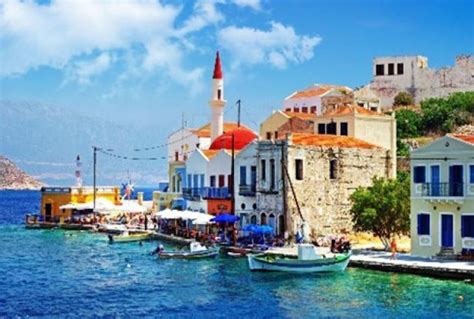
€800,000: New Threshold for Greece’s Golden Visa
February 10, 2024
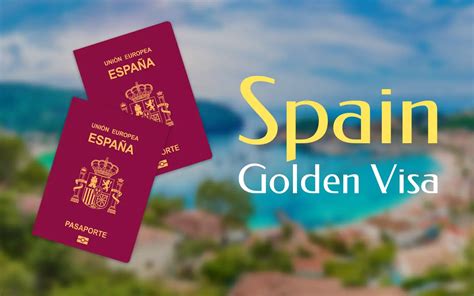
Golden Visa for Spain
December 27, 2023
